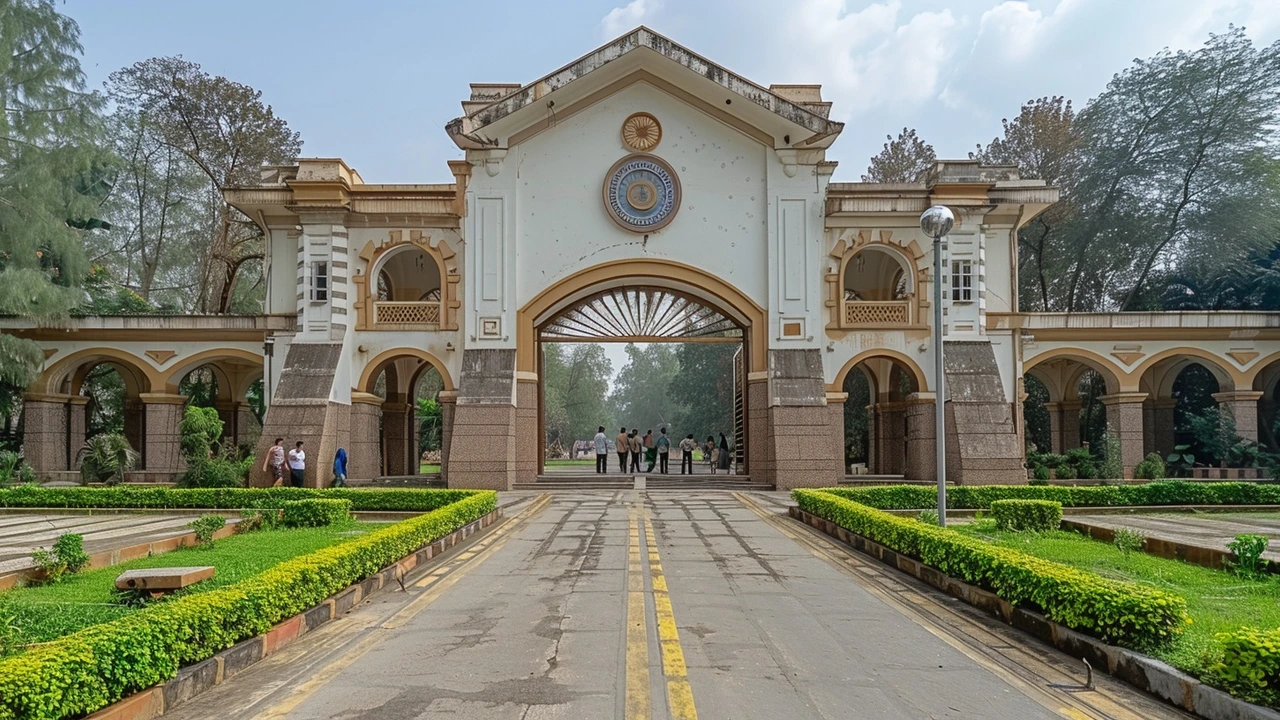Student safety: simple, practical steps every student should know
Being a student is supposed to be about learning and growing, not worrying about danger. Student safety covers more than physical security — it includes money, online risks, harassment, and health. Below are clear, useful actions you can start using now to make campus life safer.
Always tell someone your plans. If you’re heading out late, tell a friend or flatmate where you’re going and when you’ll be back. Use a buddy system for late-night walks and save local emergency numbers in your phone. Many campuses have safety apps or hotlines — register for them and keep them handy.
Know your campus security setup. Learn where the security posts and CCTV coverage are, what the patrol hours are like, and how to contact campus guards quickly. If something feels off, report it right away. Clear, early reporting helps security act faster and protects other students too.
Protect your money and loans
Financial safety matters. Recent investigations across Africa have shown students sometimes don’t get the loan money meant for them or have unauthorized deductions. Keep copies of loan letters, bank statements, and any receipts. Check disbursements regularly and flag discrepancies to your student finance office immediately. If you suspect fraud, involve your student union, campus ombudsperson, or national anti-corruption agency.
Use trusted banking channels. Avoid sharing account details or OTPs with anyone. For scholarship or loan offers, verify the source before accepting or sending documents. Scammers often prey on students who need cash quickly — take a moment to verify.
Deal with harassment and health risks
Harassment happens in many places, including schools. Know your campus complaint process and the people who handle misconduct. Keep evidence — messages, emails, dates, and witnesses. Talk to a counselor or student support officer as soon as you can. They can help you take the next step and connect you with legal or medical help if needed.
For health risks, register with your campus clinic and learn how to get urgent care after hours. If you’re attending big social events, plan how you’ll get home safely and avoid risky situations. Simple choices — like not leaving drinks unattended and sticking with a friend — prevent many problems.
Protect your digital life. Use strong, unique passwords and enable two-factor authentication on important accounts. Don’t click unknown links or share personal documents over unsecured Wi‑Fi. If a message asks for money or personal details, confirm through a second channel before responding.
Student safety is about steady habits, not one-time actions. Small routines — checking in with a friend, saving emergency contacts, keeping financial records, and reporting problems — add up. For updates on campus safety issues and guides, follow Africa Daily Dispatch’s coverage and local campus notices. Stay alert, stay connected, and look out for one another.
Kogi University Honors Slain Students with Three-Day Mourning Period
Confluence University of Science and Technology (CUSTECH) in Kogi State has declared a 3-day mourning period to honor two first-year students who were kidnapped and subsequently killed. The students were among 21 abducted while preparing for their exams. Efforts by security forces and community hunters were only partially successful, and the university community is deeply mourning the loss.
